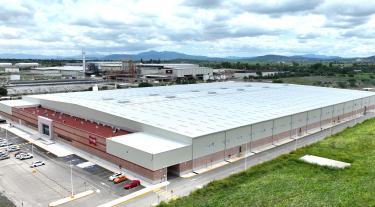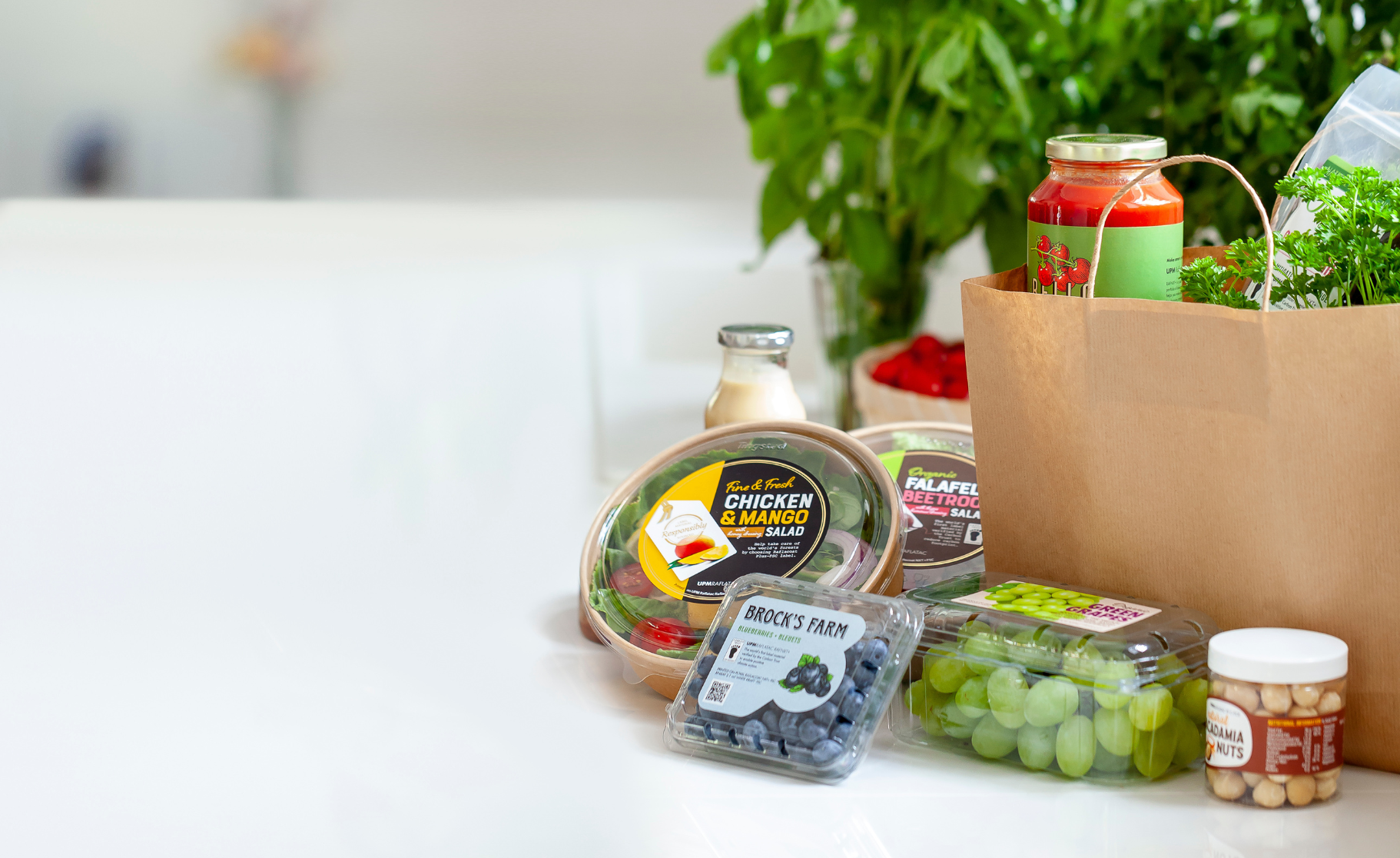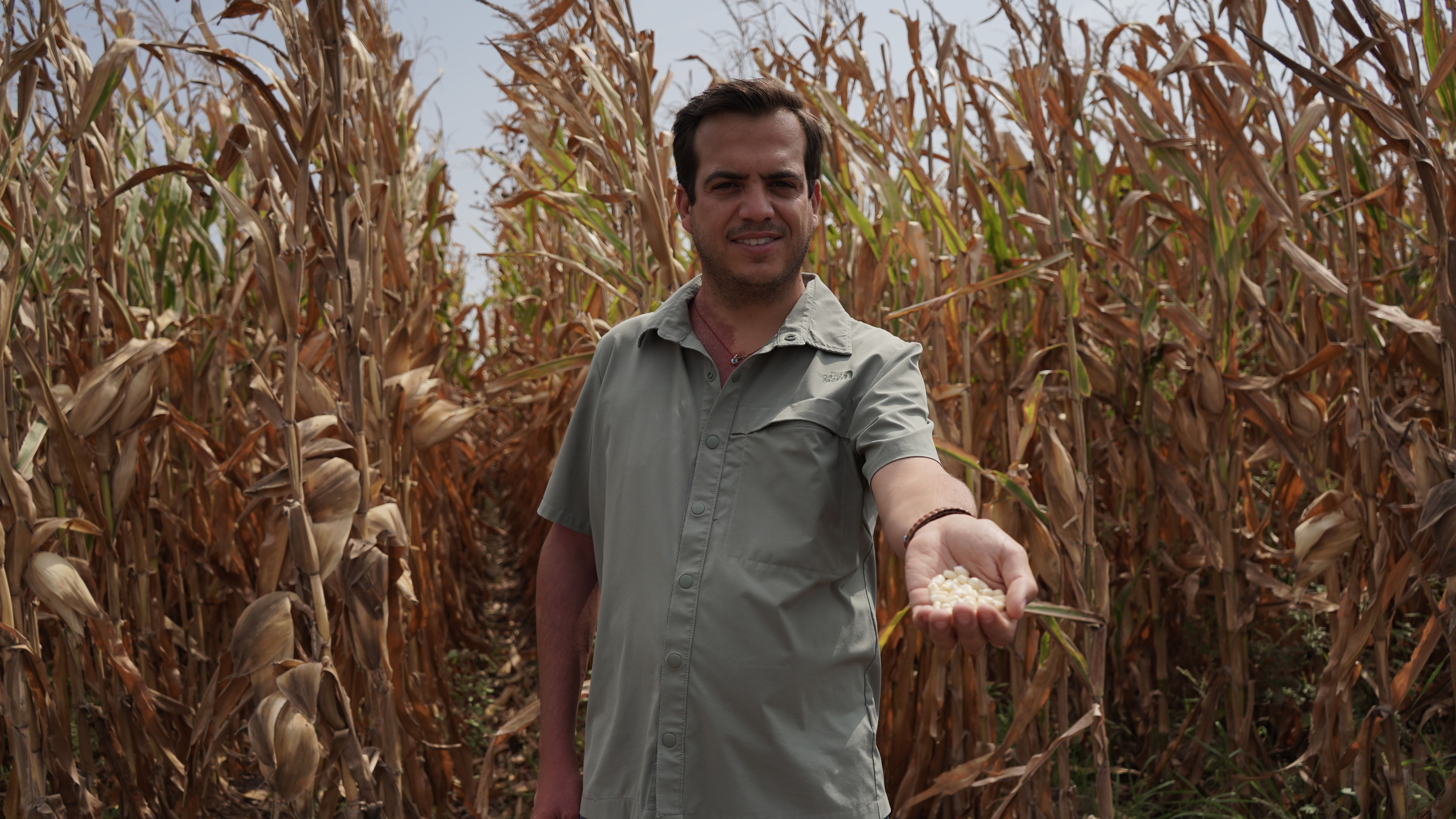Client

Expertise
Science-based targets
Impact
Building the case for internal and sector-wide decarbonisation.

CHALLENGE
How can suppliers demonstrate their commitment to climate action?
The pressure to set voluntary corporate climate targets is gaining prominence across Mexico. Multinationals and suppliers realise they need to substantiate their climate commitments to enter new markets and instil confidence among corporate clients.
Among them is Bio Pappel, Mexico’s largest paper producer. The multinational company has long woven sustainability into its business strategy, investing in a circular economy model to prolong the life of paper. Although this has led to great strides in Bio Pappel’s climate action to date, Bio Pappel sought to adhere to a science-aligned reduction pathway and solidify its position as a climate leader. With comprehensive science-based targets, Bio Pappel hoped to show customers its continuous commitment to action.
Science-based targets (SBTs)
Targets are deemed science-based if they are in line with what the latest climate science says is needed to meet the goals of the Paris Agreement. Scope 1 and 2 targets must align to a 1.5C trajectory, while Scope 3 must align to a well-below 2C pathway.
Meanwhile, a Net Zero target builds on a science-based target to define the long-term actions required for a company to align to a 1.5C pathway.
Find out moreSOLUTION
A science-based target to prime future reductions
Given the carbon intensity of paper and pulp, Bio Pappel has been tracking its Scope 1 and 2 emissions under Mexican regulation since 2017. However, the company needs an all-encompassing picture of its footprint to set science-based reduction targets. It includes the indirect emissions across its value chain – from the manufacturing of raw materials to the recyclability of products at their end of life. Against this backdrop, we:
IMPACT
Igniting industry-wide change
Since its early days, preserving the natural environment has been a key pillar in Bio Pappel’s strategy. Recycled fibre has subsequently become the backbone of its operations. The dive into Bio Pappel’s current carbon impact has given the paper producer a better understanding of where its sustainability efforts have led the company to date. Combine these insights with science-based targets, and Bio Pappel has gained a firm footing to address its emission hotspots. It has enabled the company to:




